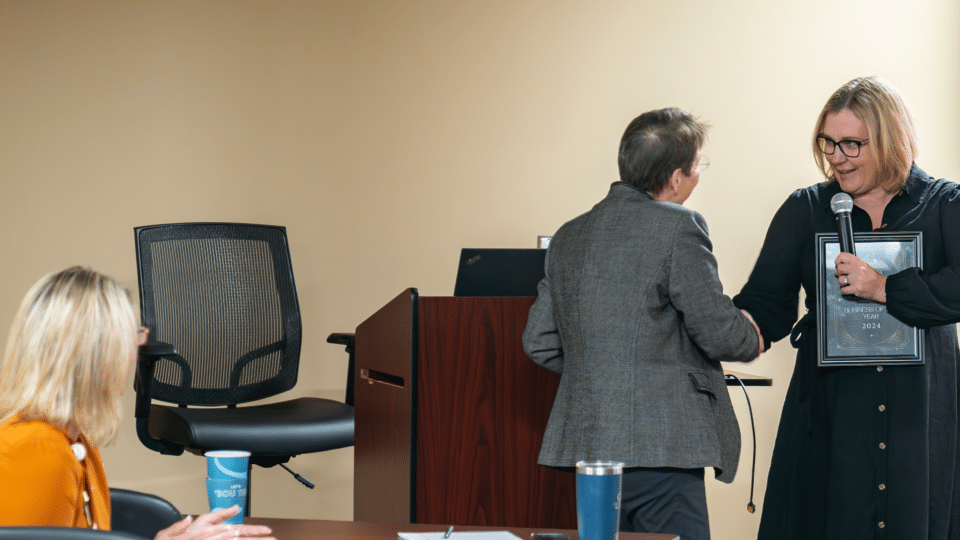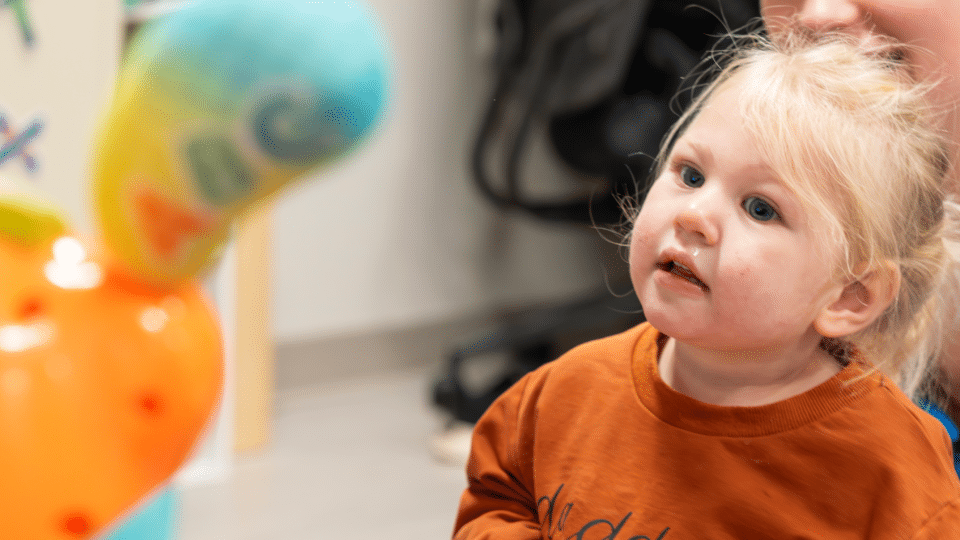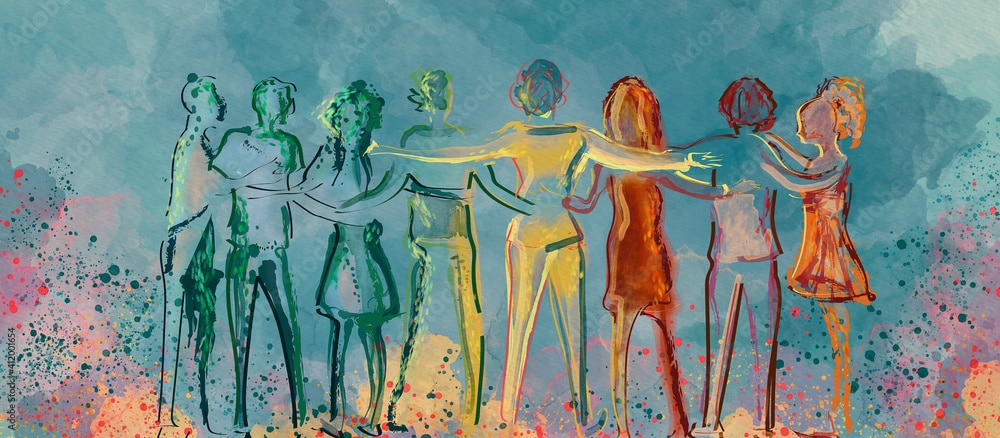
Cuyuna Regional Medical Center is Recognized as 2024 Business of the Year
October 24, 2024
Cuyuna Regional Medical Center (CRMC) is honored to be recognized as the Cuyuna Lakes Chamber of Commerce’s 2024 Business of the Year.

Aitkin Toddler Diagnosed with Rare Genetic Disorder
October 22, 2024
“It’s a super rare diagnosis, I had never heard of it before meeting Berklee. During medical school, we were taught that when you hear hoofbeats, think of horses, meaning if it sounds like a common diagnosis, it probably is. But when I trained with specialists, they taught us to think of zebras—less common diagnoses. Berklee, though, she’s a unicorn!”

Help, My Bladder is Broken!
October 18, 2024
Do you ever feel like your bladder is broken? Enjoy a video presentation with Board-Certified urologist Brandon P. Reynolds, M.D.

CRMC Care Center Residents move to the new Heartwood Care Center
Residents of Cuyuna Regional Medical Center Care Center (CRMC-CC) were wide-eyed and smiling as they crossed the threshold of their new home at Heartwood Care Center.

Warmly Welcoming a New Chaplain
October 1, 2024
I’m Here!
I’m honored to serve alongside our medical staff and look forward to supporting your spiritual fitness as we continue to provide extraordinary care to our community.

SIDS Awareness: Recognizing the Silent Danger
October is Sudden Infant Death Syndrome (SIDS) awareness month. Referred to by some as “crib death,” it is the sudden unexplained death of an infant younger than one-year-old. Oftentimes, the child is found in the crib.

Early Cancer Detection Saves Lives: Free Women’s Wellness Screenings
Cancer doesn’t wait. Early detection saves lives. Cuyuna Regional Medical Center (CRMC) is offering free breast and cervical cancer screenings for uninsured and under-insured women aged 40 and above who meet the income guidelines.

Candy Donations Needed for Trick-or-Treat Event at Heartwood Care Center
September 24, 2024
Help make Halloween a fun and memorable time for local children this October!



